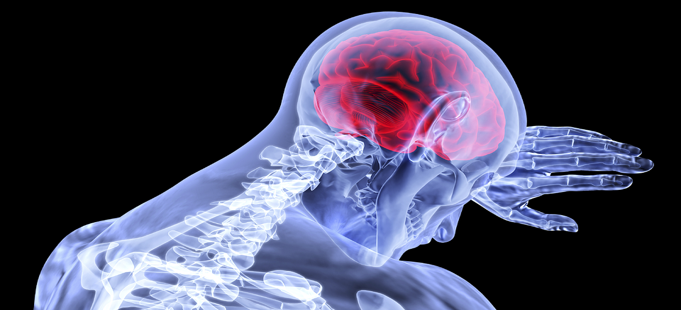Joint European Academy of Neurology–European Pain Federation–Neuropathic Pain Special Interest Group of the International Association for the Study of Pain guidelines on neuropathic pain assessment
Résumé
Background and Purpose: In these guidelines, we aimed to develop evidence-based recommendations for the use of screening questionnaires and diagnostic tests in patients with neuropathic pain (NeP). Methods: We systematically reviewed studies providing information on the sensitivity and specificity of screening questionnaires, and quantitative sensory testing, neurophysiology, skin biopsy, and corneal confocal microscopy. We also analysed how functional neuroimaging, peripheral nerve blocks, and genetic testing might provide useful information in diagnosing NeP. Results: Of the screening questionnaires, Douleur Neuropathique en 4 Questions (DN4), I-DN4 (self-administered DN4), and Leeds Assessment of Neuropathic Symptoms and Signs (LANSS) received a strong recommendation, and S-LANSS (self-administered LANSS) and PainDETECT weak recommendations for their use in the diagnostic pathway for patients with possible NeP. We devised a strong recommendation for the use of skin biopsy and a weak recommendation for quantitative sensory testing and nociceptive evoked potentials in the NeP diagnosis. Trigeminal reflex testing received a strong recommendation in diagnosing secondary trigeminal neuralgia. Although many studies support the usefulness of corneal confocal microscopy in diagnosing peripheral neuropathy, no study specifically investigated the diagnostic accuracy of this technique in patients with NeP. Functional neuroimaging and peripheral nerve blocks are helpful in disclosing pathophysiology and/or predicting outcomes, but current literature does not support their use for diagnosing NeP. Genetic testing may be considered at specialist centres, in selected cases. Conclusions: These recommendations provide evidence-based clinical practice guidelines for NeP diagnosis. Due to the poor-to-moderate quality of evidence identified by this review, future large-scale, well-designed, multicentre studies assessing the accuracy of diagnostic tests for NeP are needed.
Domaines
Neurosciences [q-bio.NC]| Origine | Accord explicite pour ce dépôt |
|---|---|
| licence |





